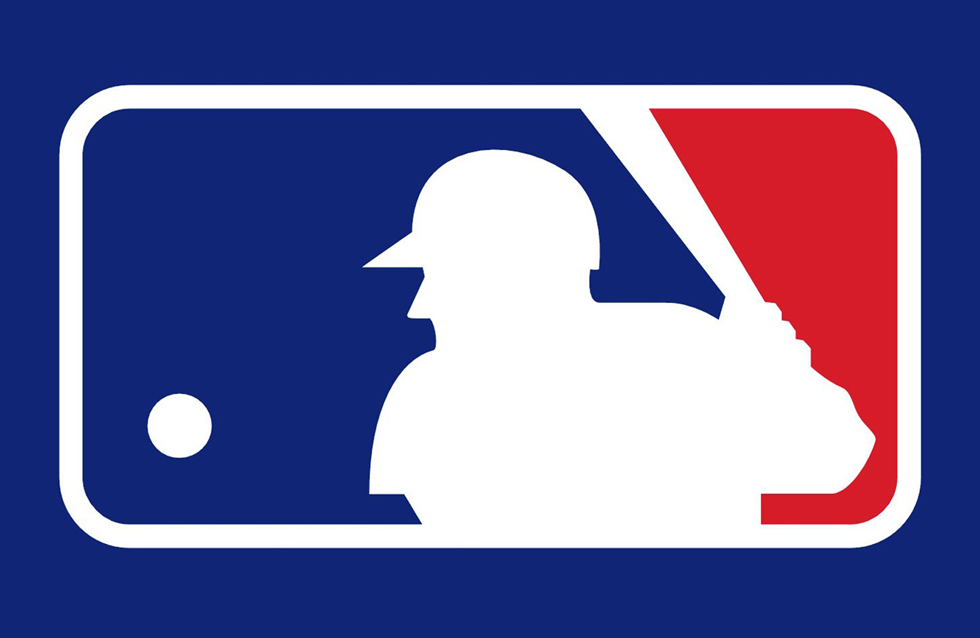- La Feria Community Holds Succesful Business Mixer Event
- Little Nashville to Take Place in Downtown Mercedes
- Lions Basketball Captures District Gold
- La Feria ISD Students Compete in Regional Chess Tournament
- Lions End First Half of 32-4A on a High Note
- La Feria ISD Held Another Successful Parent Conference
- Strong Appearance for Lions at Hidalgo Power Meet
- LFECHS Students Get to Meet Local Actress
- Students Participate in Marine Biology Camp
- Two LFECHS Students Qualify for All-State Band
MLB fails to work out agreement to resume season
- Updated: June 25, 2020

By DAVE FAVILA
LFN
While other major sports leagues such as the NFL, NBA and NHL are looking ahead to the future with optimism and hope of returning to at least some sort of normalcy amid the COVID-19 pandemic, Major League Baseball appears to be heading in the exact opposite direction.
On June 15, MLB Commissioner Rob Manfred announced that there may not be a 2020 season after the owners and players’ union failed to reach an agreement on how to resume the season.
“I’m not confident. I think there’s real risk; and as long as there’s no dialogue, that real risk is going to continue,” Manfred said. “The owners are 100 percent committed to getting baseball back on the field. Unfortunately, I can’t tell you that I’m 100 percent certain that’s going to happen.”
To make matters worse, it was reported on June 16 that several undisclosed players and staff tested positive for the coronavirus.
According to the USA Today, it is not currently known which players tested positive, but the publication learned of the news through a letter from MLB’s Deputy Commissioner Dan Halem to Players Association attorney Bruce Meyer.
This latest news is just another blow to the league, which has been struggling to attract fans.
At the heart of the matter on how to resume operations is how to fairly divide the money during a shortened season that may not even be completed.
MLB stopped all operations on March 12, two weeks before opening day, and at that time owners had agreed, in principle, to pay the players a prorated salary thinking that baseball would eventually return under somewhat normal circumstances.
As the pandemic widened, however, it became clear that once operations were to resume, things would not be exactly the same. Owners realized that not only would the remainder of the season be shortened, fans would not be allowed to attend games, meaning far less revenue moving forward.
At this point, owners began to renege on what they felt players should be compensated, the players’ union rejected the owners’ offers, and the ongoing debate and ultimate stalemate occurred.
Everything finally came to a head on June 13 after the union rejected the owners’ final offer, which proposed a 76-game schedule at 75 percent salary. The union then invited Manfred to step in and ultimately schedule a season. It was believed at that time that the commissioner would have scheduled a 50-game season, similar to that of the strike-shortened 1981 season.
However, on June 15, Manfred refused to take control, instead informing the union that the 2020 season would not take place unless the union were to waive any possible legal claims against the league if, for example, a player were to contract the coronavirus and then try to pursue legal action.
With that, the future of the 2020 season, as well as MLB itself, remains as uncertain as the days ahead.


